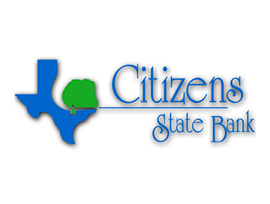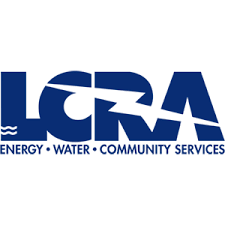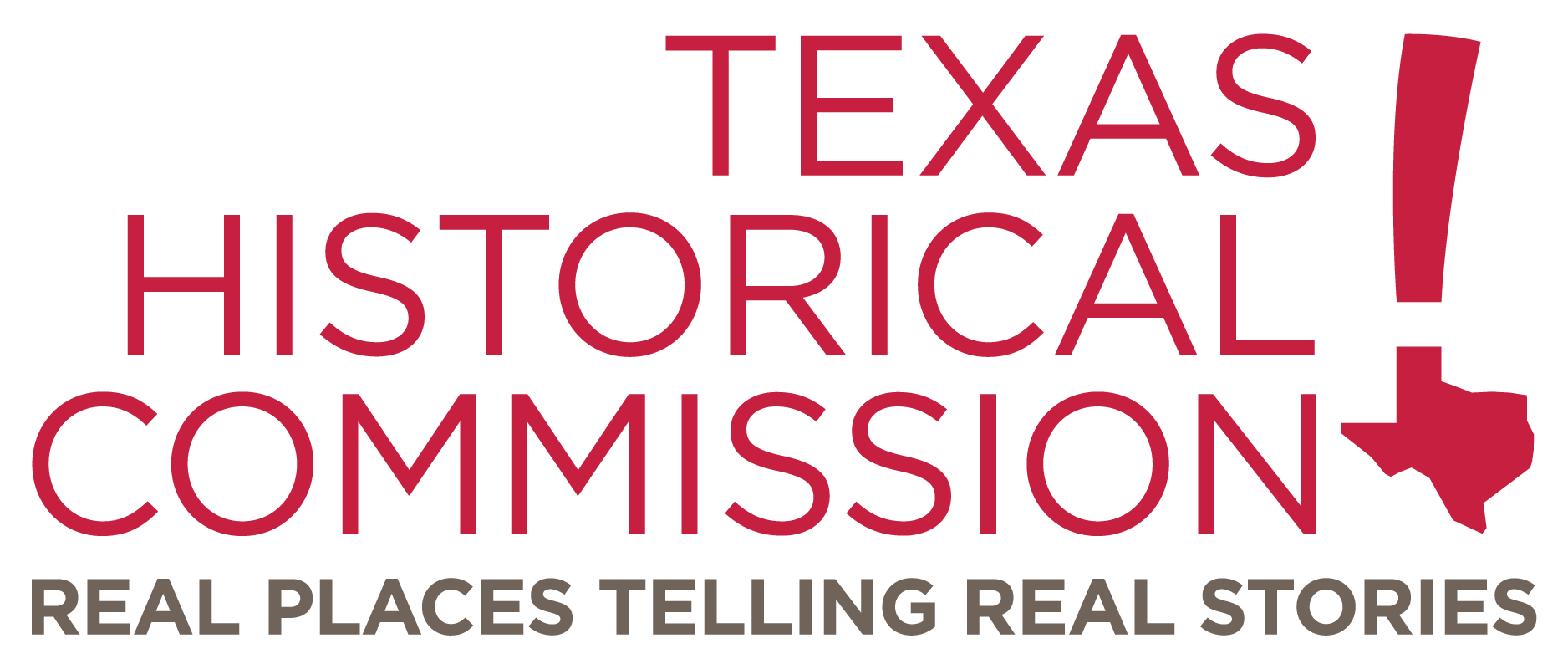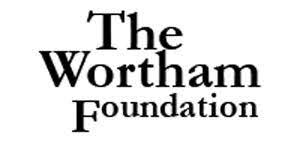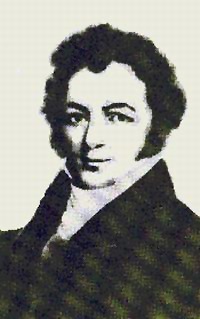
Day 11 of the Convention of 1836
The Convention continues to work on the Constitution. A donation of $5000 was received from a Mr. Samuel St. John, which was received and thanked for by official act of the delegates. Delegate A.G. Briscoe (Harrisburg) arrived and was seated. Thomas Rusk (Nacogdoches) requested that the rule dictating the suspension of all business unrelated to the Constitution be suspended so a bill relating to the militia and physical force of the country could be decided. The bill being adopted, Delegates Rusk, David Thomas (Refugio), and John Bunton (Mina) were appointed to a committee to oversee that subject.
Changes to the Constitution were discussed. The President was given the powers to appoint a Cabinet with advice and consent of the Senate. Voting requirements were set at 21-year old males who had lived in the jurisdiction the were voting in for 6 months, despite Martin Parmer’s (San Augustine) suggestion to remove the phrase “21-years old” entirely. Samuel Carson (Pecan Point) attempted to ensure that 18-year old veterans of the War for Independence could also vote, but that was rejected. Following the lunchtime adjournment, more Constitutional changes were made and Lorenzo de Zavala (Harrisburg) motioned that an interpreter be appointed to translate the declaration, constitution, and laws of the Republic into Spanish, which was approved. The last major order of business was the issuance of a commission to Joseph T. Bennett at the head of a company of volunteers at Washington and authorized him to draw upon government funds to provision his soldiers.
Colonel Gray had this to say about Friday, March 11th:
“Nothing of particular interest to-day, in Convention. Intrigues for the high offices of State are said to be going on, and much log rolling on the land question. A great hostility exists against the large grants made by Coahuila and Texas to certain large land operators. It is made a stalking horse by the demagogues of the house, and they are endeavoring to sweep away all titles to lands in Texas except headrights. It is a most iniquitous attempt, and I trust there will be virtue enough left to defeat it. (…) Mr. Carson has at once taken a prominent part in the business of the house. He has made a good impression, and much is expected of him. He is not yet forty years of age, but is in bad health, and looks much older. He and Potter are the only two members of the body who have ever been in Congress (except Gen, Houston, who is now with the army), and their experience in public business gives them an ascendency over the rest of the body. The President is losing ground. He made a good impression at first, but by his partiality and weakness and great conceit he has forfeited the respect of the body, and a laxity of order begins to be apparent.”
Pictured here is Samuel Price Carson who became one of the most prominent members of the Convention of 1836. For more information about Carson, visit: https://www.tshaonline.org/…/entries/carson-samuel-price.



